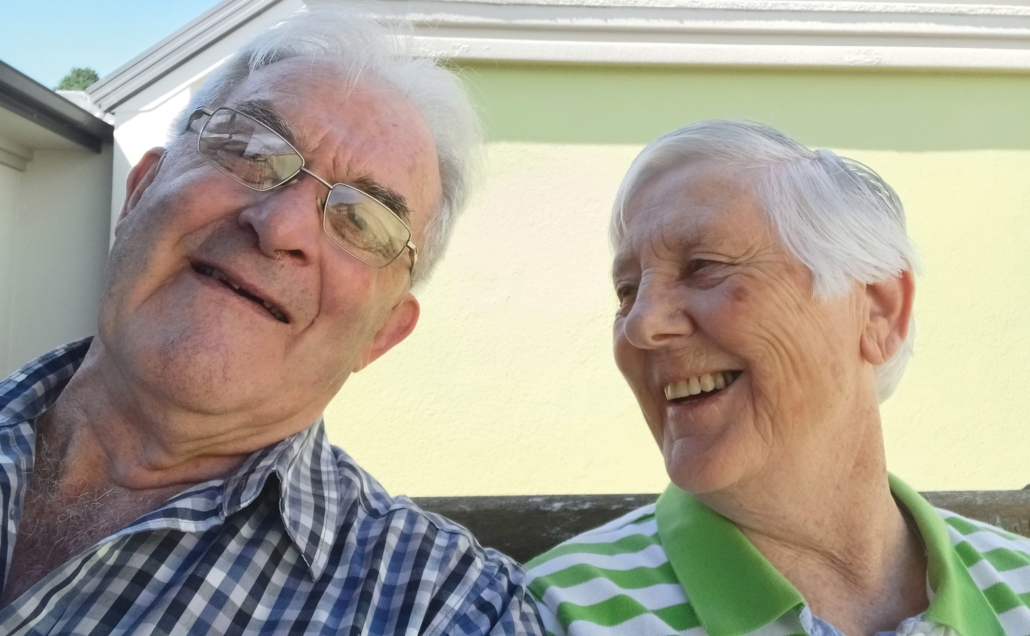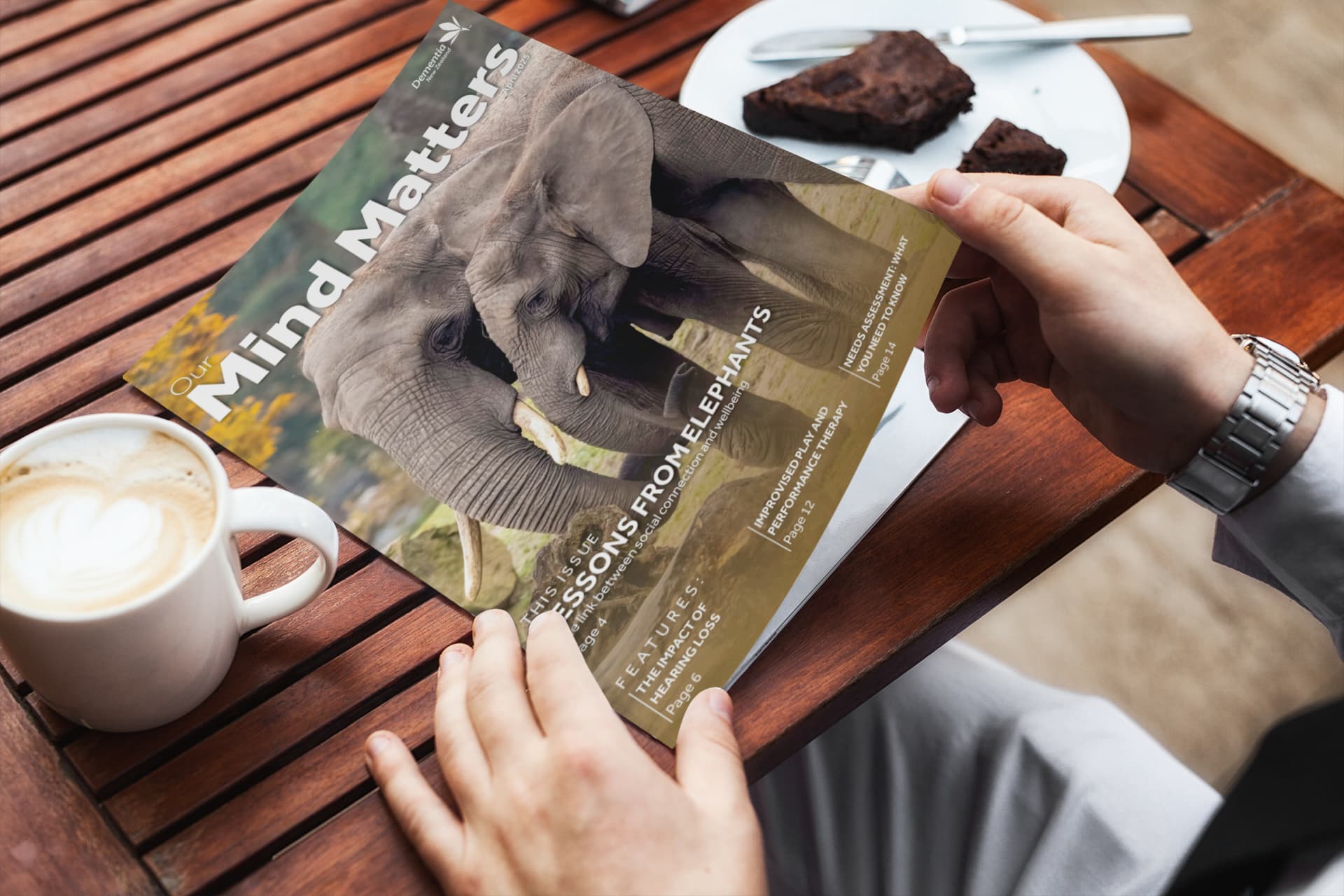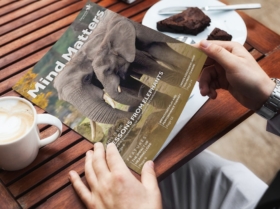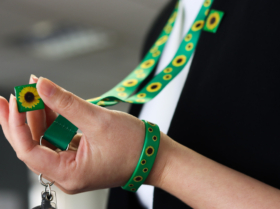Six years to residential care
By Arthur Schultze
Judith was diagnosed with Frontotemporal dementia in June 2018.
Initially her journey with dementia was slow and gradual. She was never aggressive, just calm and gentle. She was unable to sign documents, do our finances, and cook meals without a recipe book, but she was still able to look after herself. Thankfully she made her own decision not to drive anymore.
At the end of 2023 her deterioration became more significant. She could not be left alone for more than a couple of hours, needed help with showering, was shadowing me and becoming increasingly anxious. It was a challenge to understand what she was trying to communicate and to provide a response that made her feel she was being listened to, Judith was also starting to have falls. I needed to travel for my role with an international charity, so I started needing to use respite care.
I was doing everything for the household and didn’t notice that caregiving was starting to take its toll on me. I knew there was deterioration in Judith’s health but at times I was not wanting to admit it.
My sons, Michael and Philip, were the ones who could see the changes in their mother’s health as they saw her less frequently. They started to express concern about the toll it was taking on me, so by the end of 2024 we were looking for a suitable care facility.
We visited a few and settled on the Princess Alexandra Village in Ahuriri, Napier. As I was due to go overseas for a meeting we secured respite care for 28 days. Whilst Judith was in respite, it became apparent she would be better off in full-time care sooner than anticipated.
When Judith’s care became permanent, the realisation hit that I was now living alone. After nearly 56 years of marriage, I was questioning whether I had done the right thing, Even though for the last six months she spent most of her time just sitting in her chair with limited communication, we were at least together. I had entered a new stage of grief.
The care facility is only 3kms away so I can visit whenever I wish, and I know she is being taken care of and kept safe by a caring group of professional people.
This certainly plays an important part in this unplanned journey.
Continuing my charity work and maintaining key friendships become very important for social connection, but I am always mindful of trying not to impinge on friends too much.
I know many of you will have gone through this decision-making process and understand the emotion involved, so I am grateful to be able to put my experience into writing to help me on my journey.
This article was originally published in Our Mind Matters Magazine Issue #42.




